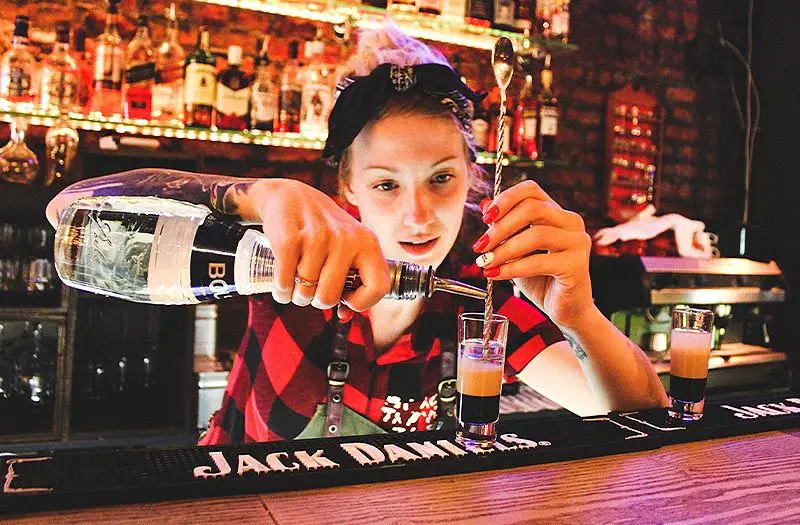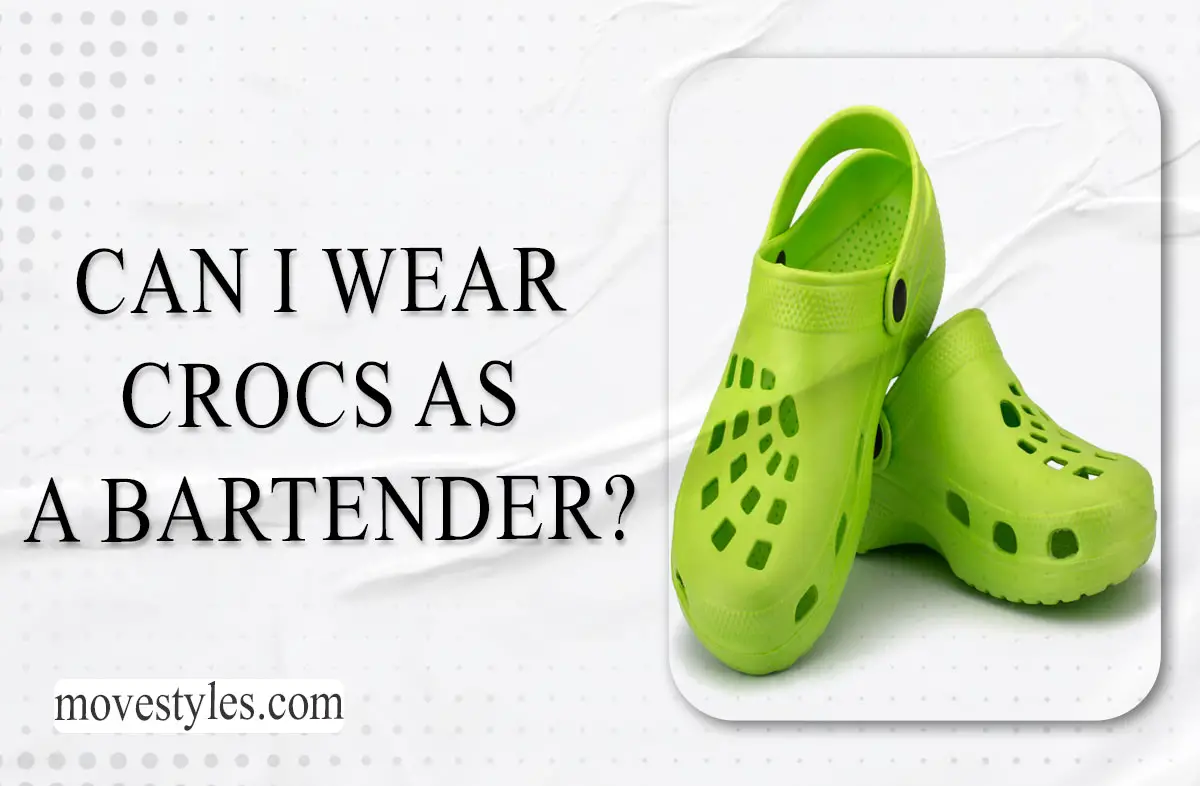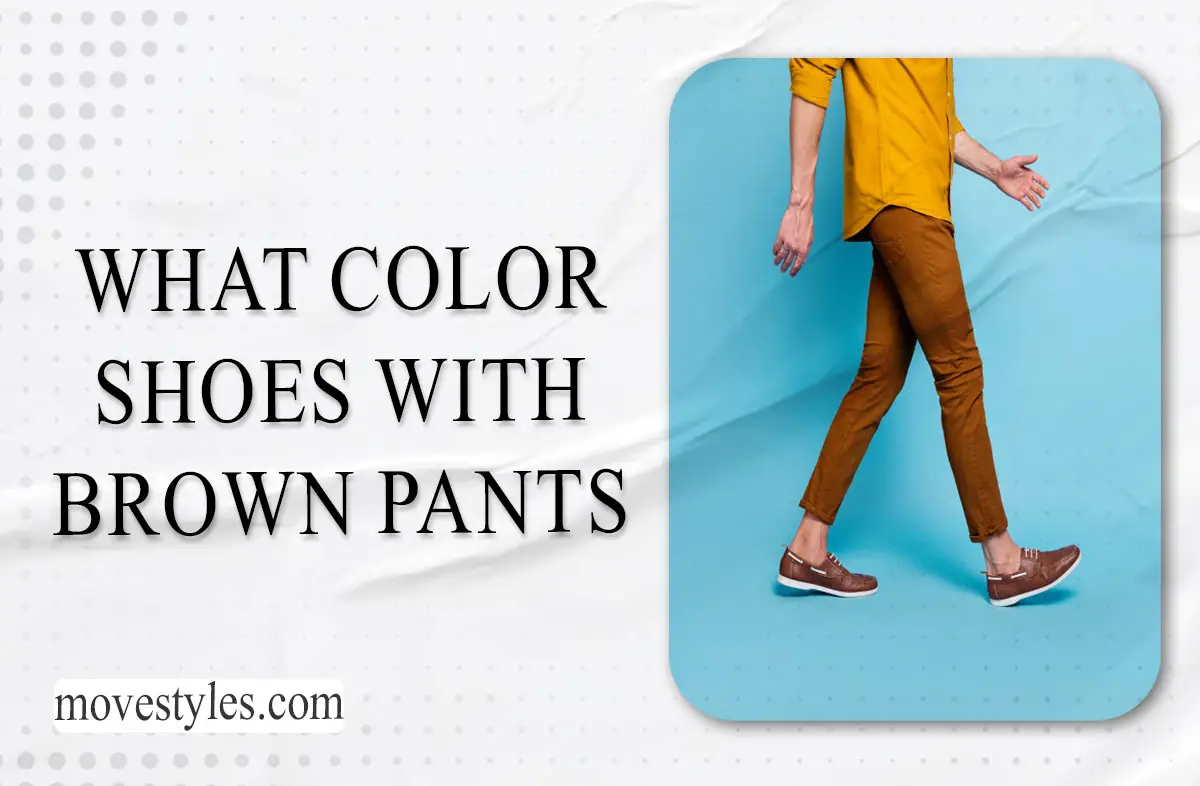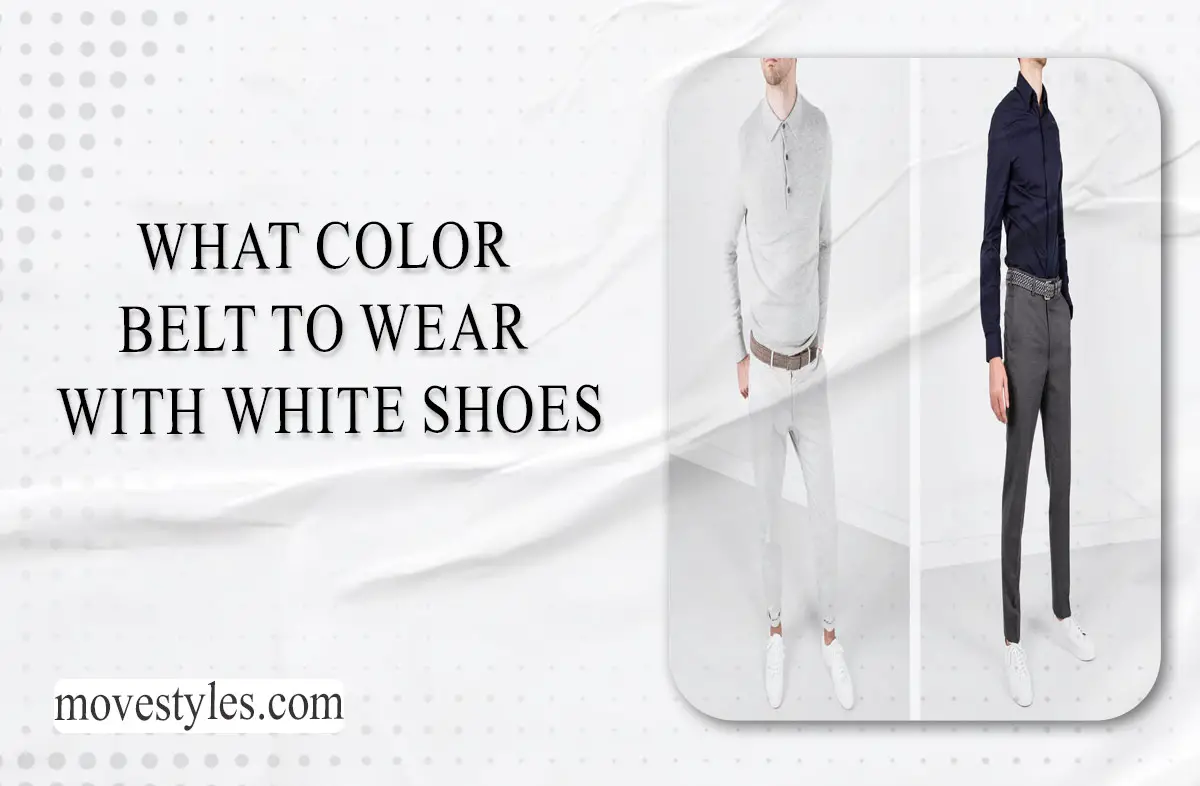In the world of hospitality, attire often plays a pivotal role in making a lasting impression on customers. Bartenders, as frontline representatives of a bar or restaurant, must strike a balance between comfort, style, and professionalism.
The age-old debate of whether Crocs can be considered appropriate footwear for bartenders is a topic worth exploring. These colorful, lightweight, and famously comfortable shoes have gained popularity in various settings, but do they have a place behind the bar? We’ll delve into the considerations of wearing Crocs as a bartender, weighing comfort against professionalism.

The Comfort Quotient
One of the most prominent factors that have contributed to the popularity of Crocs is their exceptional comfort. Crafted from a proprietary foam-like material, Crocs are designed to provide cushioning and support to the wearer’s feet. Bartenders often spend long hours on their feet, constantly moving around to serve customers, prepare drinks, and manage the bar area. In this context, the comfort offered by Crocs becomes a significant advantage.
The cushioned insoles and lightweight nature of Crocs can alleviate the stress and strain that comes with standing for extended periods.
The shoe’s unique design with ample room for the toes can also prevent discomfort and fatigue commonly associated with tightly-fitted footwear. Many bartenders swear by the comfort of Crocs, arguing that happy feet can lead to improved productivity and a better overall work experience.
Professionalism and Image
While comfort is undoubtedly a key consideration, professionalism and the image projected by bartenders are equally important. Bartenders are expected to exude a certain level of professionalism that aligns with the establishment’s brand and ambiance. The choice of attire, including footwear, contributes to this image.
Crocs, with their casual and laid-back appearance, might be seen as conflicting with the polished and well-groomed look that many bars and restaurants aim to achieve.
Traditional dress codes in the hospitality industry often dictate leather or non-slip shoes that project a more formal appearance. These shoes are perceived as a reflection of the bartender’s commitment to their role and their respect for the establishment’s standards.
However, it’s worth noting that the perception of footwear has evolved over time. Many establishments have started to embrace a more relaxed dress code, allowing employees to express their individuality while still adhering to basic guidelines.
In such settings, Crocs might find a more welcome place, especially if paired with a well-coordinated outfit that maintains a sense of professionalism.
Adaptation to Modern Trends
The hospitality industry, like many others, is not immune to changing trends and shifts in customer preferences. Modern bars and restaurants are increasingly focusing on creating unique experiences that cater to a diverse clientele.
In this context, some establishments might view the use of Crocs as an opportunity to align with contemporary tastes and create a more approachable and relatable atmosphere.
It’s important to recognize that not all Crocs are created equal. The brand has expanded its range to include more sophisticated and stylish designs that cater to a broader range of tastes. These updated designs, often featuring sleeker silhouettes and muted colors, might be more acceptable in upscale or trendy bars where innovation and uniqueness are prized.
Hygiene and Maintenance
Another aspect to consider is the practicality of wearing Crocs in a bartender’s environment. Bars can be fast-paced and messy, with liquids frequently spilled on the floor.
Slip-resistant shoes are a common requirement in such settings to minimize the risk of accidents. Crocs, particularly those designed for work environments, often include slip-resistant outsoles that can offer protection in these situations.
Moreover, the ease of cleaning Crocs can also be an advantage. Their waterproof and wipe-clean nature can make them a practical choice when dealing with spills and messes. However, some traditionalists argue that the ventilation holes in Crocs could potentially trap liquids or debris, raising hygiene concerns.
Conclusion
In the end, the question of whether you can wear Crocs as a bartender boils down to a delicate balance between comfort, professionalism, and practicality. While the casual nature of Crocs might not align with the traditional image of a bartender, the evolving trends in the hospitality industry and the range of updated designs offered by the brand have opened up possibilities for their incorporation.
Ultimately, the decision to wear Crocs as a bartender should be made in consideration of the establishment’s dress code, the overall atmosphere, and the individual bartender’s comfort and preferences. As the hospitality industry continues to adapt to changing customer expectations, the line between comfort and professionalism might become more fluid, allowing innovative choices like Crocs to find their place among the bartenders' toolkit.
Frequently Asked Questions
Do Experienced Bartenders Advocate for Crocs?
Some experienced bartenders do advocate for Crocs due to their comfort, especially during long hours on their feet. However, opinions can vary, and it’s important to consider the specific demands of the job and personal preferences.
How Do I Maintain the Cleanliness of Crocs?
To maintain the cleanliness of Crocs, it’s recommended to regularly wash them with mild soap and water. Avoid using harsh chemicals or abrasive materials that could damage the material.
Can I Find Slip-Resistant Crocs Models?
Yes, you can find slip-resistant Crocs models specifically designed for occupations that require increased safety, like bartending. These models typically feature enhanced grip and traction to prevent accidents in a fast-paced environment.
Are Crocs Suitable for Formal Bartending Settings?
Crocs may not be the best choice for formal bartending settings due to their casual and relaxed aesthetic, which might not align with the formal atmosphere of such settings.



![How To Wash Brooks Shoes? [Updated 2023]](/uploads/how-to-wash-brooks-shoes.jpg)

![What Shoes to Wear to Renaissance Festival? [Guide of 2024]](/uploads/what-shoes-to-wear-to-renaissance-festival.jpg)
![What Kind of Shoes Do Roofers Wear - [Guidelines]](/uploads/what-kind-of-shoes-do-roofers-wear.jpg)
